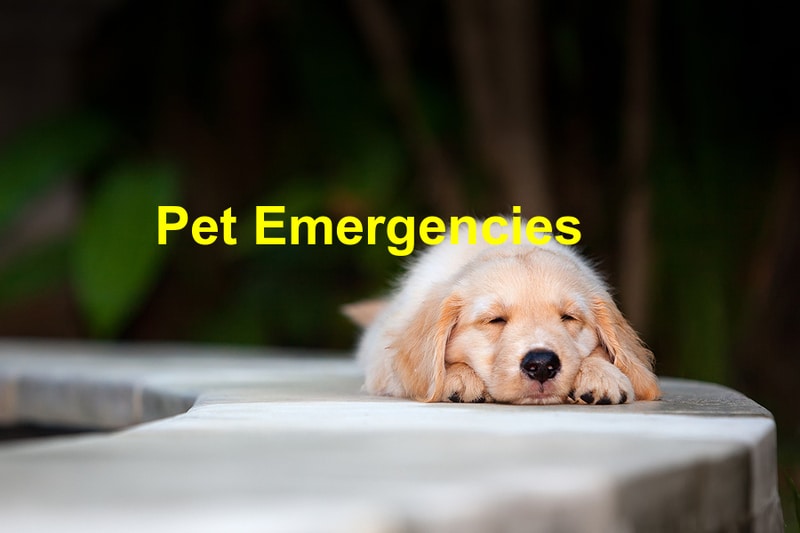How to Handle Pet Emergencies When You're Away on Vacation

Vacations are meant for relaxation, but if you’re a pet owner, the thought of something going wrong while you’re away can cause stress. Whether you leave your furry friend with a sitter, family member, or boarding facility, planning ahead is the key to making sure your pet is safe and cared for in any emergency.
Here’s how to prepare for pet emergencies before you pack your bags.
1. Choose a Trusted Caregiver
The first step in pet safety while traveling is finding the right person or facility. Whether it’s a professional pet sitter, a responsible friend, or a reputable boarding kennel, ensure they:
- Have experience handling your pet’s species and breed
- Know basic pet first aid
- Are comfortable making decisions in emergencies
2. Provide Detailed Care Instructions
Leave clear, written instructions for your caregiver, including:
- Feeding schedule and portion sizes
- Medication doses and times
- Exercise routines and play preferences
- Behavioral quirks or triggers
The more information they have, the better they can care for your pet.
3. Share Emergency Contact Information
Your pet sitter should have:
- Your contact information while you’re away
- Your veterinarian’s phone number and address
- A backup emergency contact (friend or family member)
- The nearest 24-hour emergency animal hospital
4. Prepare a Pet Emergency Kit
Pack a kit with:
- Extra food and water
- Medications and instructions
- Leash, collar, and ID tags
- First aid supplies (bandages, antiseptic, tweezers)
- Comfort items like blankets or toys
5. Leave Authorization for Veterinary Care
Many vets require written consent to treat a pet if the owner isn’t present. Leave a signed letter authorizing your caregiver to make medical decisions and cover costs up to a certain amount. Include your payment details or arrange for direct billing.
6. Pet-Proof Your Home
Before you leave:
- Secure trash cans
- Store cleaning products and chemicals safely
- Keep small objects, cords, and choking hazards out of reach
- Lock gates and close off unsafe areas
7. Check in Regularly
Arrange for updates via text, photos, or video calls so you can see how your pet is doing. This not only reassures you but also allows you to address any potential issues early.
8. Have a Backup Plan
Life is unpredictable. If your sitter becomes unavailable or your pet needs to be relocated, have an alternative caregiver or boarding facility on standby.
Conclusion: Peace of Mind While You’re Away
Vacations should be stress-free—for you and your pet. By preparing detailed care plans, ensuring your sitter is well-equipped, and planning for emergencies, you can enjoy your time away knowing your furry friend is safe and happy.
References: Hastings, American Red Cross
Comments
Post a Comment